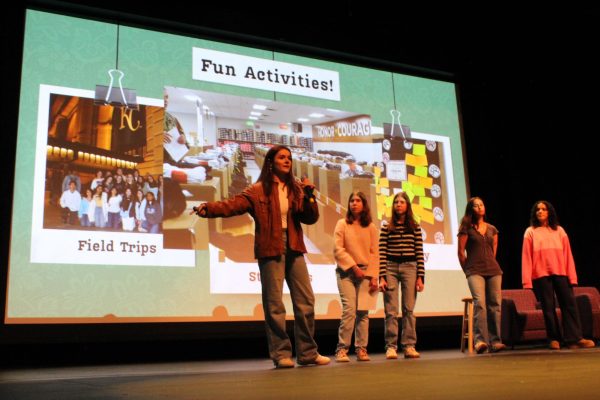Condell Daycare Bridges the Gap between Generations
Condell Hospital offers an uncommon daycare in which the generation of people holding the future in their hands and the generation that have already experienced most of its life are able to come together and share experiences; those being children and the elderly.
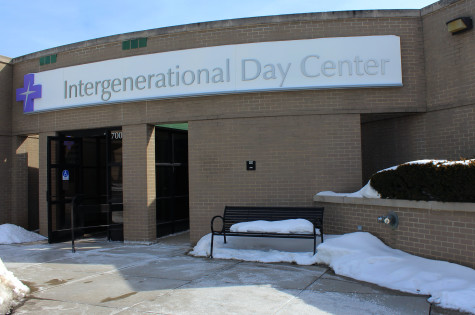
The daycare can be accessed via Milwaukee Avenue through the main entrance, or Garfield avenue in the back entrance.
Open for child care services on May 26, 1992, in addition to the adult day care that was already taking place, this Intergenerational Day Care created, and continues to create, an environment in which grandparents (what the elderly are referred to by the children) and kids are able to come together and interact in a way that otherwise would not be possible.
“It’s care for both, but what better thought than bringing two generations together? The tagline we use is ‘help and be helped, teach and be taught, and love and be loved,’” said Lynn Allison, Childcare Director at Condell, located on South Milwaukee Avenue in Libertyville.
This daycare offers space for up to 131 children and 35 grandparents a day, and is open from 6 a.m. – 6:30 p.m., five days a week. It is offered to children from ages 6 weeks to 6 years old, and adults 55 years and older. There is a ratio of about two grandparents to 20 kids, and for an hour and half each day, grandparents repeatedly visit the same classroom, allowing bonds to be formed, and spend that time doing various activities with the children. On other days, the children go over to the grandparents’ side of the facility, where they visit with all the seniors, instead of a specific group, like the grandparents do with the children.
“You name it, they do it. Think back to an older adult in your life. What did you do with your grandparent? Some of the things we do would be sing-alongs with those oldies but goodies and the kids songs. There’s lab sharing, books, puzzles, dancing, exercise together, we play bingo together, we’ve done coloring together, and arts and crafts together.” Out of all the activities they do, one is not favored: “It’s just the time spent together, the beauty of it all,” explained Allison.
With all the time spent together, many stories are passed on, bonds are formed, and both generations benefit from being with the other. “One grandparent came to volunteer for a classroom, Grandpa Layton, and there had been one child who went over who never would integrate, never would talk, but he formed a bond with this one grandparent and that grandparent brought him a [toy] car,” recalled Allison, remembering just one of the many times a bond has been formed over the years.
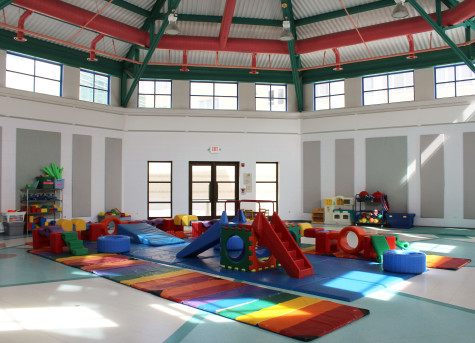
In addition to the relationships that are made, the children are able to learn about a generation older than them and the differences they have. “Their eyesight goes, so they put vaseline on their glasses to show them that. Another way to teach diversity to children other than difference of color of skin, and a boy and a girl, but getting old is okay, you’re exposed to people with silver hair, gray hair, walkers, oxygen tanks, wheelchairs,” described Allison. Not only do the children gain from this experience, but the elderly do as well. “There are times when the seniors themselves say, ‘I don’t want to see the kids,’ but when the kids come over, they may sit up straighter, they may get a smile on their face. It makes them very excited,” said Allison.
For those who don’t have grandparents that live close to them or are unable to see them, this daycare is yet another great opportunity for children to be exposed to an older generation.
“The reason that we decided on that particular day care center was the intergenerational care. We don’t live near any grandparents, they’re all out of town. So, we thought at least then they are getting exposed to an older generation and there will be some sort of ‘grandparent’ influence. They seem to have fun with it. The daycare has done a very good job of keeping Kyle interested and learning,” said Mr. Craig Schmidt, a literature and composition teacher at LHS who has a 4-and-a-half-year old son named Kyle who goes to the daycare, and also a daughter who used to attend when she was younger.
One concept that the daycare talks and teaches is about getting old. As time goes on and people grow older, death is a natural occurrence and is something that is discussed at the Intergenerational Daycare.
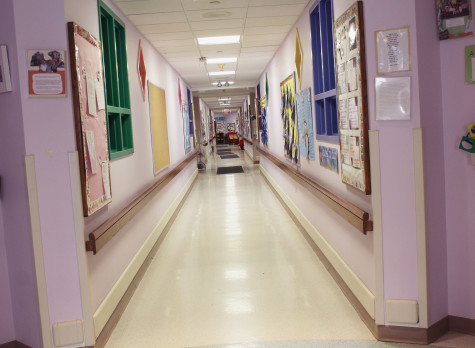
“We talk about it to the children. We talk about it in real terms. Meaning that, grandpa here, he died, and what does that mean? It means his body stopped working, but he loved you. Sometimes, they would make cards and we would bring them to the family for the wake or send them cards for the purpose. Teaching death and dying is part of it, but it’s also figuring out what the children need to know and want to know. What we try to stay away from is saying that they were sick. Because what happens to a child when you tell them they were sick, then when they get sick they wonder, ‘Am I going to die?’ What does death mean? It means permanency. It means they’re not coming back. So we have books and we share stories,” explained Allison.
Young or old, all who have participated in this daycare have gained knowledge and love from every generation.



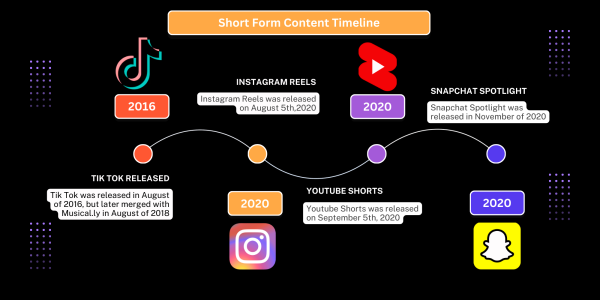
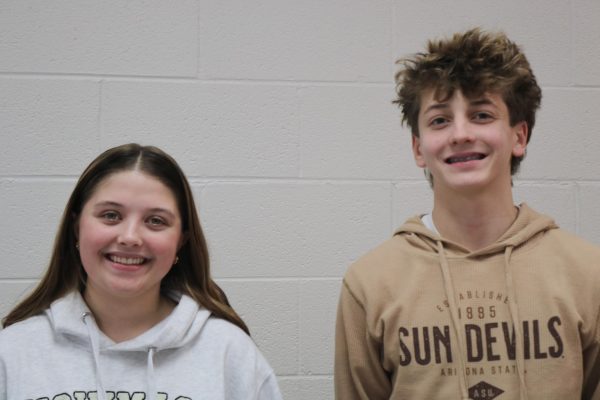
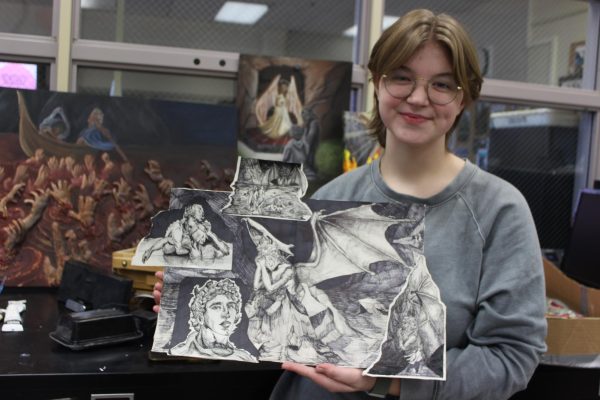
![Senior River Thompson joins the Jazz Ensemble by singing “That Old Black Magic” by Mercer and Arlen Arr. Mark Taylor, along with senior Annie Brody on guitar and junior Thomas Teixeira on bass, earning big applause. “[The concert had] great energy because it's the last [jazz concert] of the year,” Brody said.](https://www.lhsdoi.com/wp-content/uploads/2025/04/Eight-That-Old-Black-Magic-600x400.jpg)
![Mr. Abullh Ali, manager/assistant, helps open Queen Yemeni Coffee in downtown Libertyville at 606 North Milwaukee Ave. With the help of employees such as manager and LHS senior Yousef Taha, they are able to bring the Yemeni and Ethiopian culture to Libertyville by using their Queen spices, cinnamon and cardamom in their drinks such as Adani Chai, which is inspired by Sheda, the Queen of Yemen and Ethiopia. “The history of our coffee [is] a long history and we believe that Yemen and Ethiopia started the coffee and we are bringing something unique to the community,” Mr. Ali said.](https://www.lhsdoi.com/wp-content/uploads/2025/04/Photo-1-600x400.jpg)

